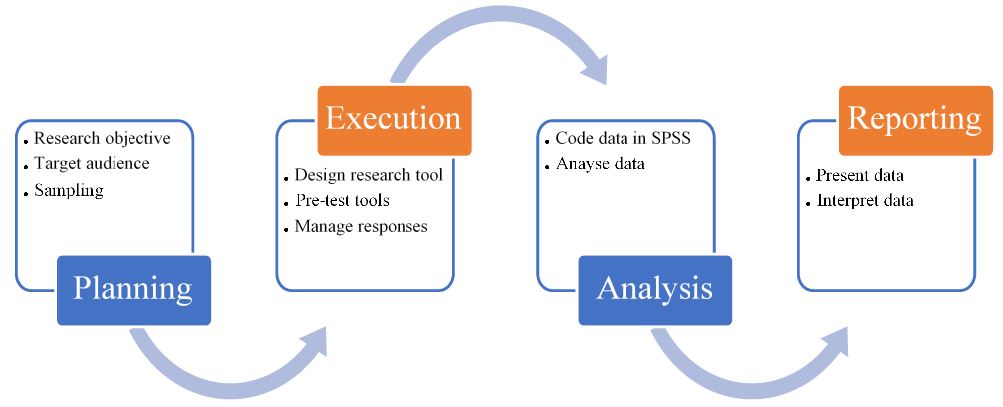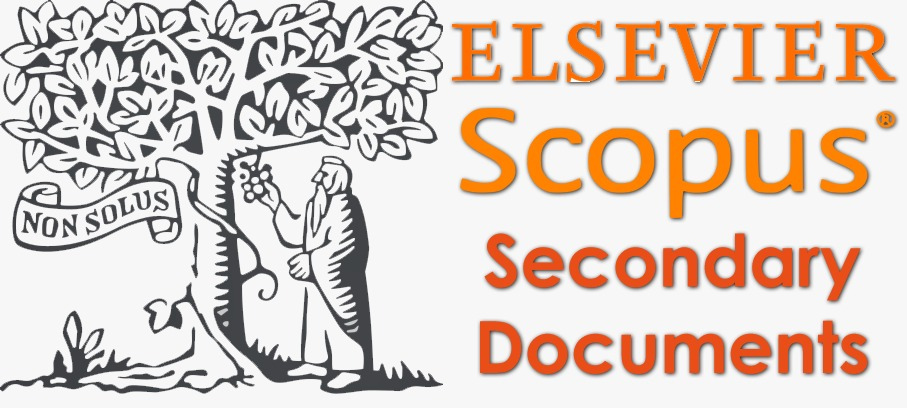CHARACTERIZING SOFTWARE QUALITY ASSURANCE PRACTICES IN KENYA
DOI:
https://doi.org/10.15282/ijsecs.8.1.2022.3.0093Keywords:
Software Testing, Software Quality, Software Assurance, Software Practices, Software EducationAbstract
Given the increased reliance on technology, Software Quality Assurance(SQA) has become a vital area in Software Engineering (SE). SQA practices require training, cost and often take more time than actual code writing. Owing to these requirements, software developers often ignore or partly implement SQA practices, leading to potentially poor quality software development. The goal of the study is to characterise SQA practices of software developers in Kenya. As such, quantitative empirical research was conducted. Seventy-seven (N=77) completed questionnaires were received and analysed to yield the required insights. The analysis of the findings indicates compliance with SQA practices. However, the research unearths concerns such as failure to comply with Software Development Life Cycle (SDLC) models as having the potential to lower the quality of software products. The assessment found that Unit testing was the most common type of software test. Based on the findings and literature, recommendations are made. The need to improve software engineering education and invest in software testing is underscored. The results can be generalised to most developing countries and used by software developers and trainers to identify areas in SQA that need strengthening.
References
N. Walkinshaw, “Software quality assurance,” Springer Int Publ, vol. 10, pp. 978-983, 2017.
B. Maqbool, F. U. Rehman, M. Abbas, and S. Rehman, “Implementation of Software Testing Practices in Pakistan’s Software
Industry,” presented at the Proceedings of the 2018 2nd International Conference on Management Engineering, Software
Engineering and Service Sciences, Wuhan, China, 2018. [Online]. Available: https://doi.org/10.1145/3180374.3181340.
C. Y. Laporte and A. April, Software quality assurance. John Wiley & Sons, 2018.
M.-C. Lee, “Software quality factors and software quality metrics to enhance software quality assurance,” British Journal of
Applied Science & Technology, vol. 4, no. 21, pp. 3069-3095, 2014.
M. Hossain, “Challenges Of Software Quality Assurance And Testing,” International Journal of Software Engineering and
Computer Systems, vol. 4, no. 1, pp. 133-144, 2018.
O. Y. Sowunmi, S. Misra, L. Fernandez-Sanz, B. Crawford, and R. Soto, “An empirical evaluation of software quality
assurance practices and challenges in a developing country: a comparison of Nigeria and Turkey,” SpringerPlus, vol. 5, no.
, pp. 1-13, 2016.
E. K. Wachira, “The Practice of Software Quality Assurance by Computer Consulting Firms in Kenya,” University of
Nairobi, 2003.
S. Aljarallah and R. Lock, “A Comparison of Software Quality Characteristics and Software Sustainability Characteristics,”
in Proceedings of the 2019 3rd International Symposium on Computer Science and Intelligent Control: Association for
Computing Machinery, 2019, p. Article 26.
T. Hynninen, J. Kasurinen, A. Knutas, and O. Taipale, “Software Testing: Survey of the industry practices,” in 2018 41st
International Convention on Information and Communication Technology, Electronics and Microelectronics (MIPRO),
: IEEE, pp. 1449-1454.
A. C. Dias-Neto, S. Matalonga, M. Solari, G. Robiolo, and G. H. Travassos, “Toward the characterization of software testing
practices in South America: looking at Brazil and Uruguay,” Software Quality Journal, vol. 25, no. 4, pp. 1145-1183, 2017.
M. S. Jahan, M. T. Riaz, and M. Abbas, “Software testing practices in IT industry of Pakistan,” in Proceedings of the 6th
Conference on the Engineering of Computer-Based Systems, 2019, pp. 1-10.
T. Maxime Carlos and M. N. Ibrahim, “Practices in software testing in Cameroon challenges and perspectives,” The
Electronic Journal of Information Systems in Developing Countries, vol. 87, no. 3, p. e12165, 2021.
J. J. Kimuyu, J. O. Ogalo, and S. M. Kiura, “Influence of Organizational Factors on In-House Software Quality Assurance
in Strategic State Corporations in Kenya,” International Journal of Scientific Research and Management (IJSRM), vol. 5,
no. 10, pp. 7238-7246, 2017.
L. P. Scatalon, M. L. Fioravanti, J. M. Prates, R. E. Garcia, and E. F. Barbosa, “A survey on graduates’ curriculum-based
knowledge gaps in software testing,” in 2018 IEEE Frontiers in Education Conference (FIE), 2018: Ieee, pp. 1-8.
V. R. Basili, “Software modelling and measurement: the Goal/Question/Metric paradigm,” 1992.
J. S. Molléri, K. Petersen, and E. Mendes, “Survey guidelines in software engineering: An annotated review,” in Proceedings
of the 10th ACM/IEEE international symposium on empirical software engineering and measurement, 2016, pp. 1-6.
K. Ahmadnaumanghazi, S. Reddy, and H. Nekkanti, “Survey Research in Software Engineering: Problems and Mitigation
Strategies.”
M. Aniche, F. Hermans, and A. v. Deursen, “Pragmatic Software Testing Education,” presented at the Proceedings of the
th ACM Technical Symposium on Computer Science Education, Minneapolis, MN, USA, 2019. [Online]. Available:
https://doi.org/10.1145/3287324.3287461.
K. Saeedi and A. Visvizi, “Software Development Methodologies, HEIs, and the Digital Economy,” Education Sciences,
vol. 11, no. 2, p. 73, 2021.
O. Cico, L. Jaccheri, A. Nguyen-Duc, and H. Zhang, “Exploring the intersection between the software industry and Software
Engineering education - A systematic mapping of Software Engineering Trends,” Journal of Systems and Software, vol. 172,
p. 110736, 2021/02/01/ 2021, doi: https://doi.org/10.1016/j.jss.2020.110736.
S. Frisk, “Motivation behind transition to self-employment: an empirical research of software developers in Finland,” 2020.
H. Assal and S. Chiasson, “‘Think secure from the beginning’ A Survey with Software Developers,” in Proceedings of the
CHI conference on human factors in computing systems, 2019, pp. 1-13.
G. Kumar and P. K. Bhatia, “Comparative analysis of software engineering models from traditional to modern
methodologies,” in 2014 Fourth International Conference on Advanced Computing & Communication Technologies, 2014:
IEEE, pp. 189-196.
F. Anwer, S. Aftab, U. Waheed, and S. S. Muhammad, “Agile software development models tdd, fdd, dsdm, and crystal
methods: A survey,” International journal of multidisciplinary sciences and engineering, vol. 8, no. 2, pp. 1-10, 2017.
M. Amorndettawin and T. Senivongse, “Non-functional Requirement Patterns for Agile Software Development,” presented
at the Proceedings of the 2019 3rd International Conference on Software and e-Business, Tokyo, Japan, 2019. [Online].
Available: https://doi.org/10.1145/3374549.3374561.
P. Singh and A. K. Tripathi, “Treating nfr as first grade for its testability,” 2012.
C. R. Camacho, S. Marczak, and D. S. Cruzes, “Agile team members perceptions on non-functional testing: influencing
factors from an empirical study,” in 2016 11th international conference on availability, reliability and security (ARES), 2016:
IEEE, pp. 582-589.

Downloads
Published
Issue
Section
License
Copyright (c) 2022 Anthony Wambua, Benard M. Maake

This work is licensed under a Creative Commons Attribution-NonCommercial 4.0 International License.






